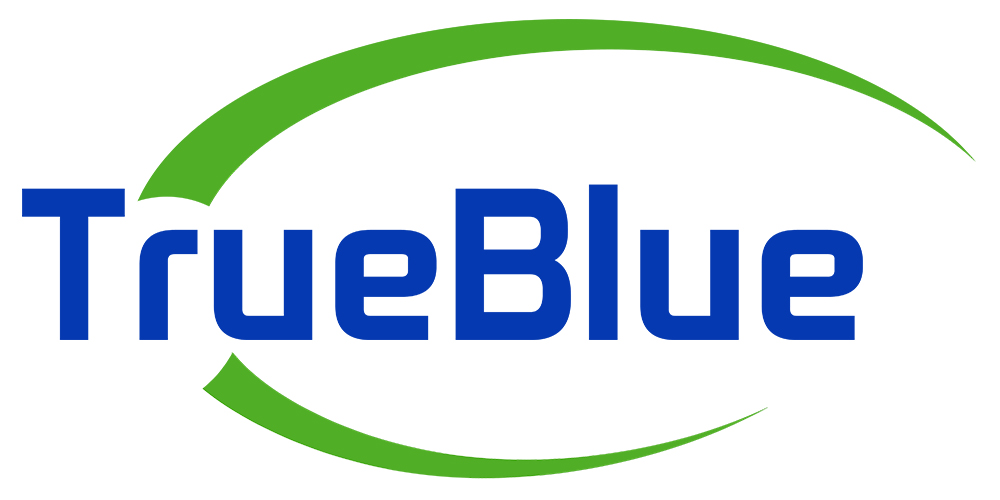We recently worked with someone who was the victim of an online identity theft. Her username and password were stolen and then used on as many popular sites as the hacker could imagine in order to access more personal information. This is a fairly common crime, and one that anyone can take steps to prevent.
Do Your Best To Determine the Initial Hack
First, attempt to find the root of this crime. The three most common ways are by phishing, hacking, or by a virus.
Phishing is the art of tricking a victim into inputting his/ her information into a phony form. Often this comes across as an email which appears legitimate asking for passwords or other personal information, perhaps to confirm identity. This could also be a phone call from a fake bank asking for credit card info.
Hacking can simply be described as gaining access to restricted areas of cyberspace. This is often glamorized by television shows or movies, but it certainly seems much less than glamorous when your information is compromised! This can be done by what is called a brute-force hack by a program which tries random passwords until it finds the correct one then gains entry to the targeted account or accounts. This hack can be used to steal a great number of passwords along with usernames or other personal information at one time. This can be pretty scary stuff and sadly we have heard of this from number of sites over the last few years.
Viruses can steal information and do nasty things to any computer. If your system has a virus this could easily also steal your personal information. Think of everything that you do on your computer: banking, online payments on various sites, email access, even reviewing your own medical records. All of this could be at risk.
Since there are so many potential avenues to gain entry to your personal information, we suggest covering all of the bases.
Cleaning It All Up
So if you suspect that you’ve already been a victim here, where should the clean up start? Run an anti-malware and anti-virus scan on your computer. If you do have a virus, it could be stealing every keystroke on your machine.
If the scan comes back clean, then you don’t have to worry at the moment. If your machine is infected, you’ll need to assume that all of your passwords are compromised. Clean your machine (we can help with this) and change all of your passwords.
An Ounce of Prevention
Run regular virus scans to prevent virus-based scams. When it comes to phishing and hacking, things get a bit trickier.
There are two ways to prevent hacking. First, use strong passwords. For tips on how to create a strong password, check our post “6 Tips to Crafting a Stronger Password”. In short, use as long of a password as you can remember and include as many numbers and special characters (%@#*^) as you are comfortable with. Oh, and don’t use anything that can be guessed like a date or a person’s name.
The second way to prevent hacking is to never use the same password twice. With this idea, even if your password is compromised at one location it will still be safe at others since there is no repetition. Give all of your accounts unique passwords. While that many long passwords may seem like a hassle, it is far less of a hassle than cleaning up all of your accounts after a hack. To best safeguard your information on the internet, change your passwords routinely.
Finally, do not fall into a phisher’s trap in the first place. Don’t open any email which is remotely suspicious. Never give out your credentials to anyone over the phone or by email. Be wary of legitimate sites, even those which you have visited before. It is rare but popular sites have been spoofed then used in place of the real one simply in order to trick users into inputting credentials. Oh, and never use public WiFi (popularly at coffee shops). This network makes it far too easy for a hacker to steal information in an open, unsecured network.
Prevention is the best protection from hackers, phishing, viruses and ransomware. Work with us toward your best prevention strategies. Together we can create the best defense against cyber crime.
Email us at info@truebluens.com or give us a call at 207-233-3779.
Here’s our take away for you, a cheat sheet on how to protect yourself from cyber crime.
